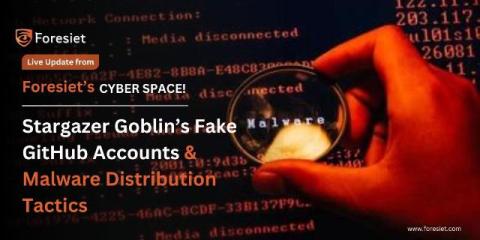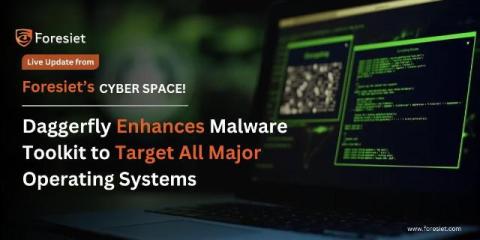Stargazer Goblin's Fake GitHub Accounts and Malware Distribution Tactics
In a significant development in cybersecurity, the threat actor known as Stargazer Goblin has established a complex network of fake GitHub accounts to facilitate a Distribution-as-a-Service (DaaS) operation. This network, comprising over 3,000 inauthentic accounts, has been actively spreading various information-stealing malware and generating $100,000 in illicit profits over the past year.










